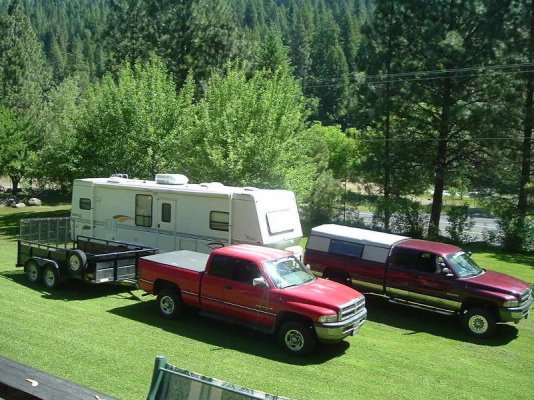Brittany8928
New member
- Joined
- Mar 25, 2015
- Posts
- 3
Hi
We are completely new to travel trailers so bear with me.
We are looking at different sizes campers and do all of them need anti sway bars?
Do you really need to purchase from the dealer or can you purchase on your own and install? We were quoted an additional $900 for the bars, added to the price.
When looking at used travel trailers, what should we look for as far as issues with the interior and exterior?
Any brands we should stay away from? The current one we are looking at is a 32' 2009 heartland north trail 31BHD at the dealer.
We are completely new to travel trailers so bear with me.
We are looking at different sizes campers and do all of them need anti sway bars?
Do you really need to purchase from the dealer or can you purchase on your own and install? We were quoted an additional $900 for the bars, added to the price.
When looking at used travel trailers, what should we look for as far as issues with the interior and exterior?
Any brands we should stay away from? The current one we are looking at is a 32' 2009 heartland north trail 31BHD at the dealer.

